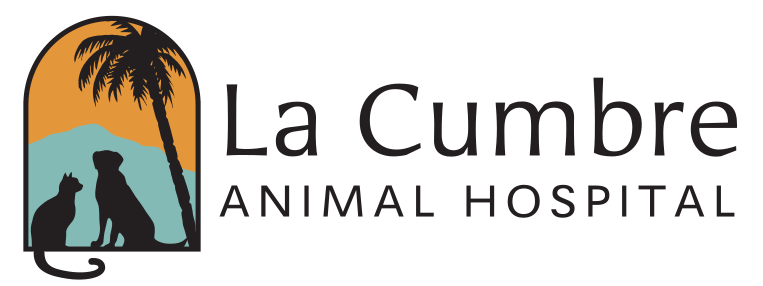You’ve probably heard the phrase, “There’s no such thing as a bad dog, only bad owners.” And as a dog lover, you likely share that belief! While the statement isn’t inherently wrong, it is far too simplistic. Dogs, like people, have unique personalities, traits, and genetic makeups. Each one is different and most have both positive & negative qualities.
As veterinarians, we certainly don't believe that any specific dog or breed is “bad;” however, we recognize that some are much more challenging for their owners than others. Some breeds are notoriously difficult to train and prove too strenuous for new pet parents to handle. If you’re thinking about adopting a new furry family member, choosing a suitable breed for your lifestyle and skill level is crucial. In this post, we’ll be sharing — in no particular order — a few dog breeds that tend to challenge new pet owners. We hope this isn't offensive to pet owners who currently have these dog breeds but, instead, would like this to give pause to new dog owners considering these breeds. Keep scrolling to learn more!
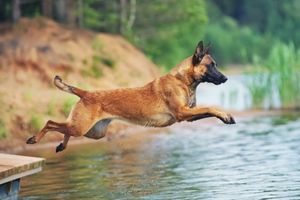
1. Belgian Malinois
The Belgian Malinois is an intelligent, energetic breed well-suited to military and police work. These dogs are fiercely loyal and make exceptional watchdogs. Unfortunately, they aren’t the best choice for new pet parents. They require strong leaders and extensive physical and mental exercise. Without the firm training and guidance of an experienced pet owner, they’re prone to neurotic and destructive behavior.
Belgian Malinois are instinctual herders.
Some of the instinctual behaviors of Belgian Malinois include:
- Circling
- Chasing
- Nipping at peoples’ heels
- Herding
Because of these behaviors, they are not a good choice for homes with active toddlers and small children.
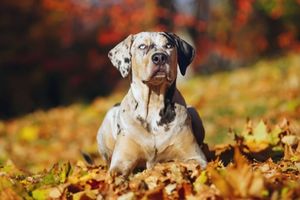
2. Catahoula Leopard Dog
Bred to hunt boar, Catahoula Leopard Dogs are strong and fearless. While loyal and protective, they are a challenging breed for inexperienced dog owners. Their courage and independent nature often lead to stubbornness and they’re more than willing to stand up against their owners. Without proper training and socialization from an early age, these dogs can be tough to manage. Catahoula Leopard Dogs also have intense exercise needs. They need plenty of space to run and they aren’t well-suited to apartment living. Mental stimulation is vital, too. Without physical exercise, mental stimulation, and training, these dogs tend to get in trouble. Digging, chewing, and other destructive behaviors are common when their extensive needs aren’t met.
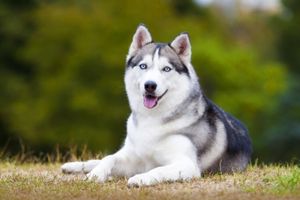
3. Siberian Husky
Though gorgeous and often a lot of fun to be around, Siberian Huskies aren’t the easiest dogs to handle. Intelligent and energetic, these dogs are well known for their “talkative” nature and tendency to throw tantrums when they aren’t getting their way. These behaviors may be cute and funny initially - there are some amazing husky videos out there - but they quickly become frustrating for inexperienced owners who don’t know how to work with these intelligent, strong-willed dogs.
Siberian Huskies love being outside, so a spacious yard is a must-have. But because of their desire to run and Houdini-like ability to escape, a secure fence is also essential! If you have other pets — especially cats or smaller dogs — be mindful that Huskies have a very strong prey drive and may harm your other fur babies. And without lots of attention, they’re prone to chewing, digging, and howling.
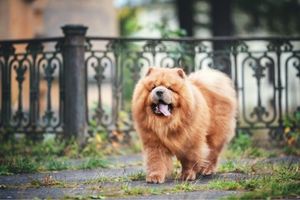
4. Chow Chow
The Chow Chow may look like a huggable ball of fluff, but these independent dogs aren’t as lovey-dovey as they appear. Initially bred for guarding, hunting, and herding in China, they have a loyal nature and are fiercely protective of their owners. However, Chow Chows tend to be aloof with strangers and may behave aggressively toward unknown people and animals if not properly socialized from an early age.
While intelligent, these dogs are stubborn. Raising a well-mannered and well-adjusted Chow takes a lot of training and patience, so these dogs do best with experienced owners. Because of their long double coats, Chows also have relatively intense grooming needs. If you can’t keep up with brushing your dog and removing mats regularly, this is not the breed for you.
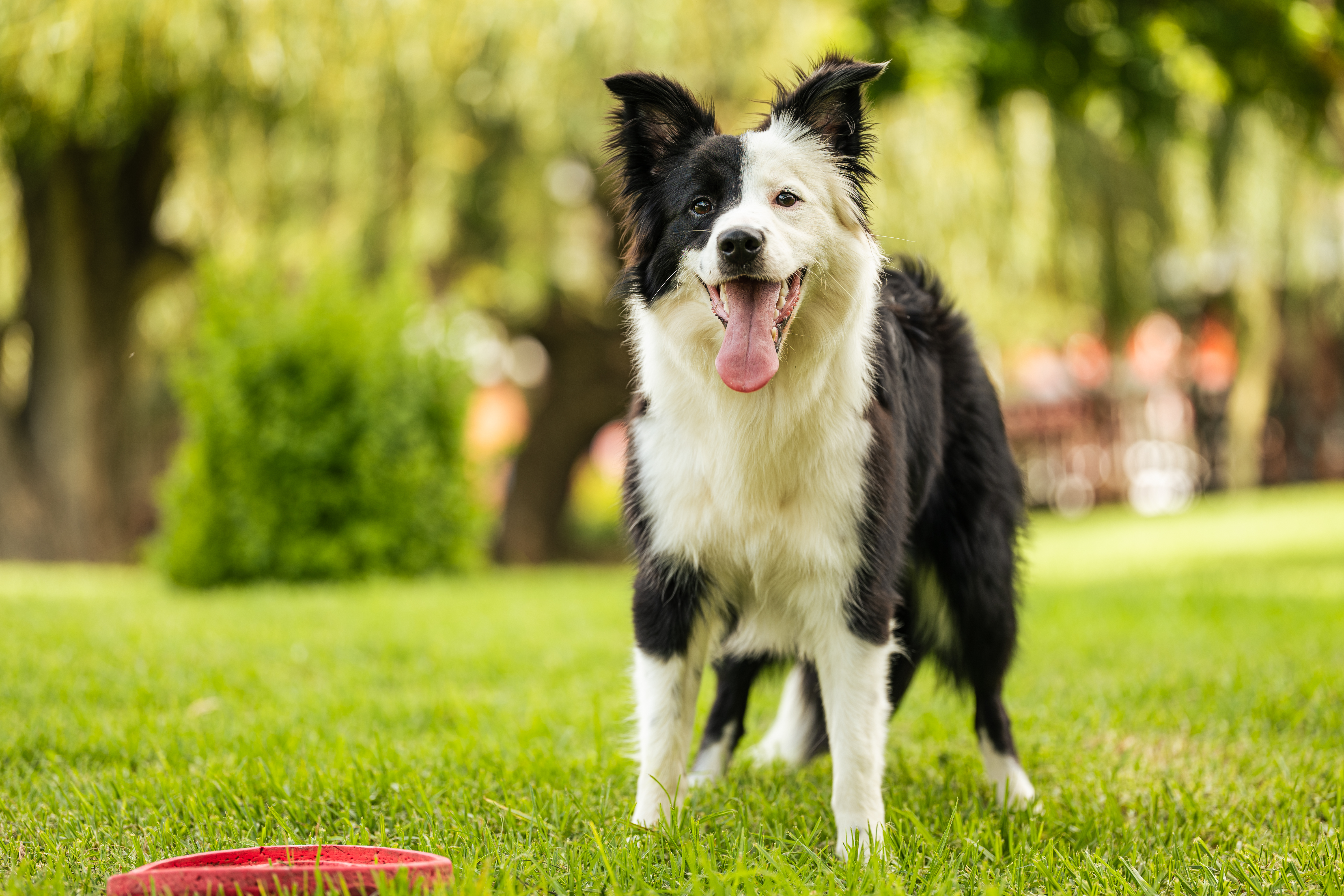
5. Border Collies
Border Collies are extremely intelligent and bursting with energy. These qualities make them exceptional workers! Unfortunately, they also lead to plenty of mischief when there is no job to be done. These dogs are best suited to country life and don't do well as urban apartment dwellers because of their intense need for physical activity.
Natural herders, Border Collies are prone to nipping at peoples’ heels. They’re loyal and affectionate with their owners but tend to be standoffish or snappy with strangers. These dogs often become unhappy and destructive without enough physical and mental stimulation. They need lots of exercise, training, and socialization, so they do best with experienced dog owners.
Conclusion
No dog breed is inherently good or bad! However, some are much more challenging for their owners than others. Choosing a breed that suits your lifestyle and experience level is crucial as a new pet parent. Doing so is vital for responsible pet ownership and ensures a long, healthy relationship between you and your canine companion.
Remember that all dogs require regular veterinary care, regardless of their breed. In addition to keeping your pet healthy, as veterinarians, we’re here to help you raise a happy, well-adjusted pet. We can also help you get to the root of certain behavior issues and help you understand how to meet your dog’s needs best. Please contact us today to schedule an appointment!
Header photo by Moujib Aghrout
